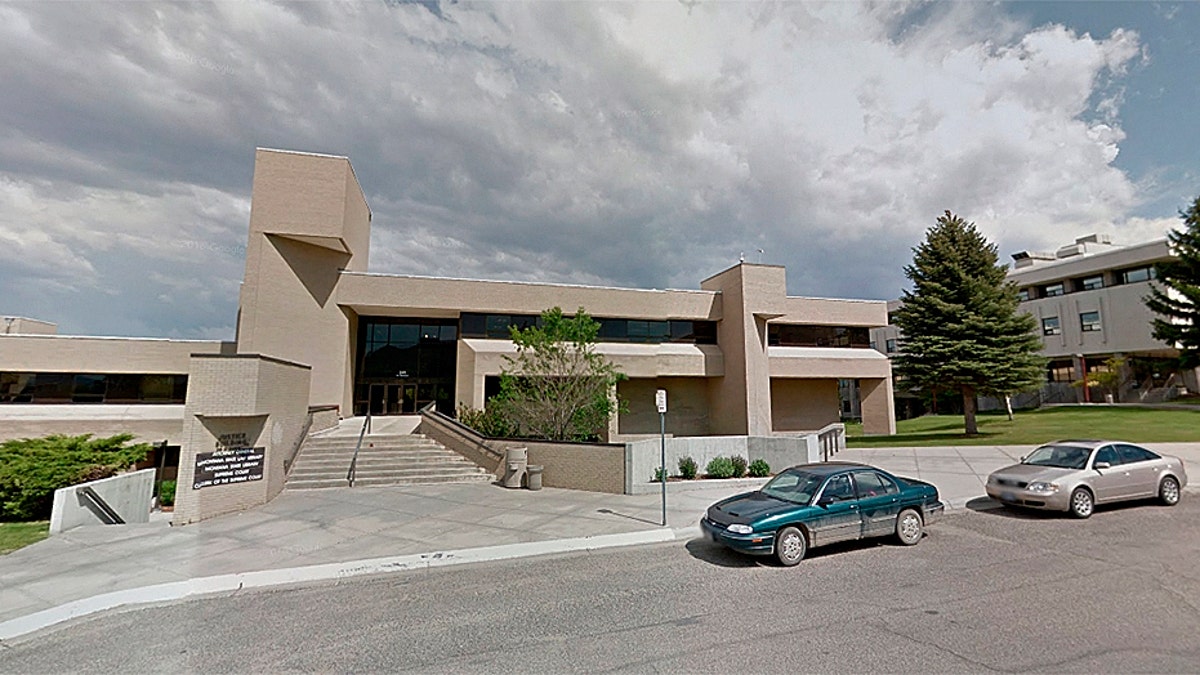
The Montana Supreme Court meets in the Joseph P. Mazurek building in Helena, MT. (Google Maps)
In a case that could have national implications, the Montana Supreme Court will hear arguments on Friday that could remove the biggest legal obstacle to providing families with genuine choice in education: Blaine Amendments.
Deeply rooted in anti-Catholic bigotry, Blaine Amendments are currently found in the state constitutions for 37 states, including Montana. These amendments often discriminate against students attending religious schools, by unfairly excluding them from receiving scholarships to attend the school of their choice.
Blaine Amendments earned their namesake from Maine Congressman James Blaine, who, in 1875, led a notorious crusade to amend the U.S Constitution to ban public funding for Catholic schools. At the time, many public schools were overtly Protestant. So Catholics instead created their own schools and pushed to receive their share of public school money.
Although Blaine’s amendment failed on the federal level, many states were inspired to amend their own constitutions to preclude funding of parochial schools. Congressional supporters of the Protestant public schools also often required new states entering the Union to adopt a Blaine Amendment in their state constitution.
Over a century later, these amendments are still hotly contested. The most recent flashpoint will be on Friday regarding Montana’s first school choice program. Passed in 2015 by the state legislature, the program allows individuals and businesses who donate to private, non-profit scholarship organizations to receive a modest tax credit of up to $150 each year. The scholarship organizations then use the donations to provide scholarships to low-income families who send their children to private schools. Similar programs in other states help pay to educate over 270,000 students nationwide.
But the state Department of Revenue refused to implement the scholarship program as written. Instead, the Department adopted a rule limiting scholarships to families who send their children to nonreligious private schools. Montana’s Blaine Amendment, the Department claimed, demanded that parents not be permitted to choose religious schools.
The rule has real consequences for families living in Big Sky Country. Take Kendra Espinoza, who homeschooled her two daughters before her husband unexpectedly left them, throwing their lives into turmoil. Kendra had to find jobs cleaning houses and doing office work. She put her girls in public school where one was mocked for her Christian faith and the other struggled in her classes.
Fortunately, Kendra was able to scrape together enough money to send her girls to Stillwater Christian School, where the girls are now flourishing. But even with the financial aid provided by the school, it is a tremendous struggle for Kendra as a single mom to pay tuition every month. Kendra often worries that she will not have enough money to make the payments.
Kendra, along with two other Montana moms, joined with the Institute for Justice and challenged the department’s rule in court. They argue that the department’s rule is invalid because it contradicts the will of the legislature. Moreover, using the Blaine Amendment to prohibit parents from using scholarships at religious schools violates the First Amendment’s Free Exercise Clause. This Clause requires that the government remain neutral toward religion; excluding religious schools from the program flatly violates this neutrality requirement. Essentially, the government is telling parents they must choose between following their religious beliefs and receiving a government benefit.
Educational choice opponents, however, argue that providing financial assistance to families choosing religious schools is the equivalent of aiding religious schools, in violation of the Blaine Amendments. Yet scholarships do not “aid” schools, any more than food stamps “aid” grocery stores. Instead, scholarships aid families. Not a penny flows to any school—religious or nonreligious—but for the independent choice of parents.
A Montana trial court agreed last May, and invalidated the department’s rule. But the department appealed that ruling to the Montana Supreme Court.
If the Montana Supreme Court decides that excluding religious options violates the U.S. Constitution, that could set an important precedent for other state supreme courts regarding their own Blaine Amendments. And if they uphold the department’s rule, the case could set up a blockbuster showdown at the U.S. Supreme Court.
Last year, in Trinity Lutheran Church of Columbia, Inc. v. Comer, the U.S. Supreme Court ruled that Missouri violated the U.S. Constitution when it barred a church-run preschool from participating in the state’s grant program for playground resurfacing. But the Court did not address whether or not the government can discriminate against parents in a school choice program.
Of course, the principle of religious neutrality applies whether the government is enabling schools to resurface their playgrounds or empowering parents to direct their children’s education. Any contrary decision would amount to blatant religious discrimination.








































